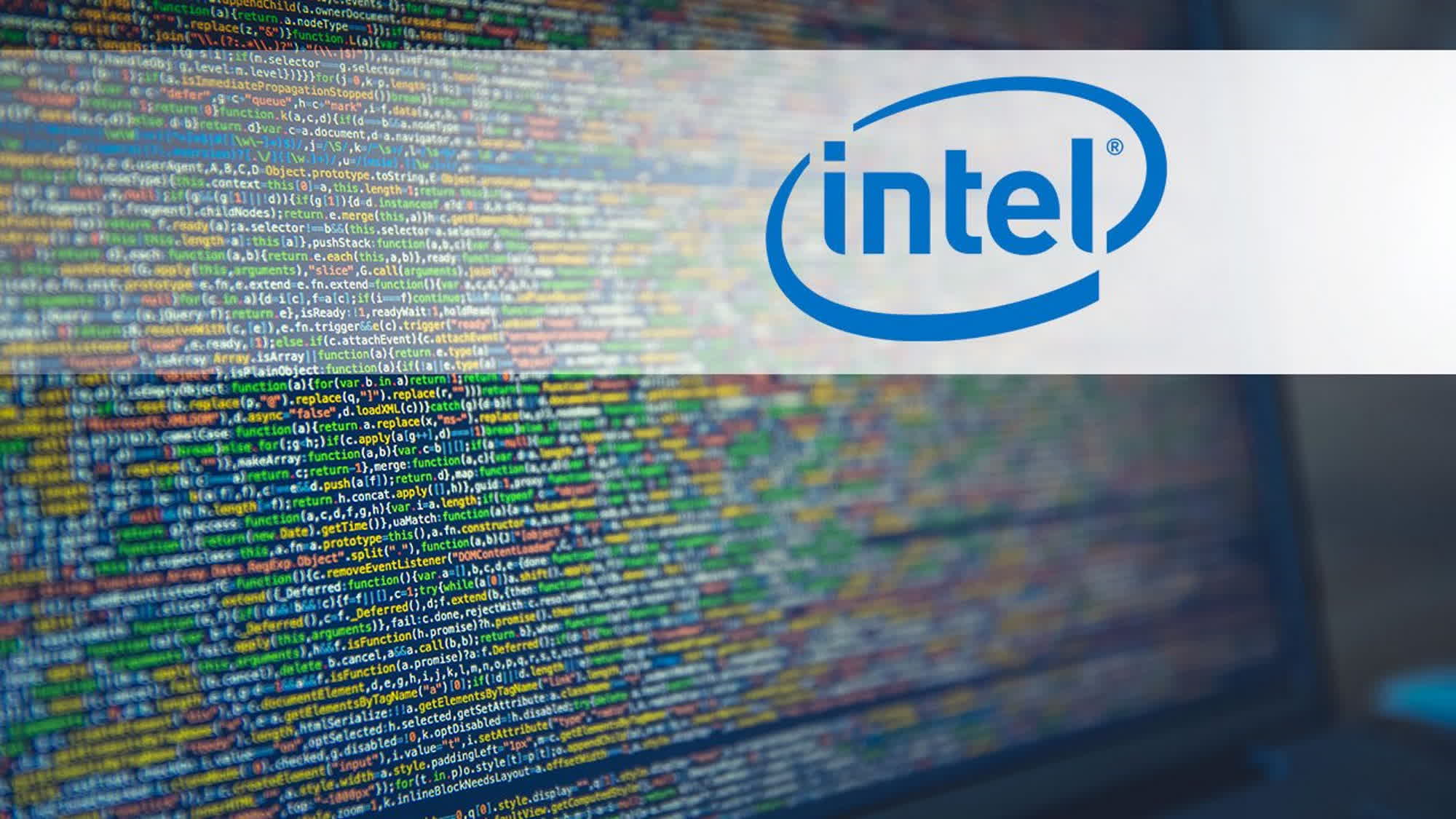WTF?! The Arrow Lake fiasco has become increasingly absurd. Intel had promised to address the ongoing performance issues with its new processors by January 2025. However, the latest firmware updates seem to be exacerbating the problems rather than resolving them once and for all.
Arrow Lake’s debut is shaping up to be one of the most disappointing chapters in Intel’s business history. The new Core Ultra CPUs have been heavily criticized for forcing customers into a significant performance downgrade compared to both AMD’s latest offerings and Intel’s previous processor generations.
Intel, often referred to as “Chipzilla,” has identified five distinct issues affecting the new CPU line, claiming that a microcode update would introduce further optimizations via updated firmware and platform releases.
Motherboard manufacturers have already begun rolling out new firmware based on Intel’s MC version 0x114. However, the initial benchmarks are shocking, even by recent Intel standards. According to a recent post on X by CapFrameX, Arrow Lake’s so-called “performance” patches are causing severe performance drops in gaming applications.
Alder Lake “performance” patches ⚠️
Massive performance drop with latest BIOS + MC + ME. Memory latency increased from ~69ns to ~80ns. I’ve run out of patience with this platform. @thraxbert pic.twitter.com/GSSeNNCEnX
– CapFrameX (@CapFrameX) December 30, 2024
Compared to MC 0x113, the 0x114 update causes a significant performance drop in Cyberpunk 2077, reducing frame rates by approximately 20 percent. Additionally, the new firmware increases memory latency, as reported by CapFrameX, rising from around 69ns to 80ns.
Intel promised MC 0x114 would deliver a modest performance improvement. The company also plans to fully disclose the issues plaguing Arrow Lake during CES 2025, providing a detailed explanation of what went wrong with these CPUs. If CapFrameX’s benchmarks are corroborated by further analyses, the upcoming CES presentation could spark a pivotal discussion within the PC chip industry.

CapFrameX has faced accusations of bias against AMD in the past, often being perceived as more lenient when evaluating Intel and Nvidia hardware. The organization provides a frame capture and analysis tool built on Intel’s PresentMon, complemented by an overlay component derived from Rivatuner Statistics Server, which is also used by MSI Afterburner.
Intel has attributed Arrow Lake’s subpar real-world performance to discrepancies between testing environments. According to the company, reviewers lacked critical software components, such as the Performance & Power Management (PPM) package. This package is essential for fine-tuning the processor’s interaction with the operating system. Without the PPM package, Intel explained, the Application Performance Optimizer feature was unable to deliver its intended thread scheduling optimizations for gaming scenarios.








Leave a Comment